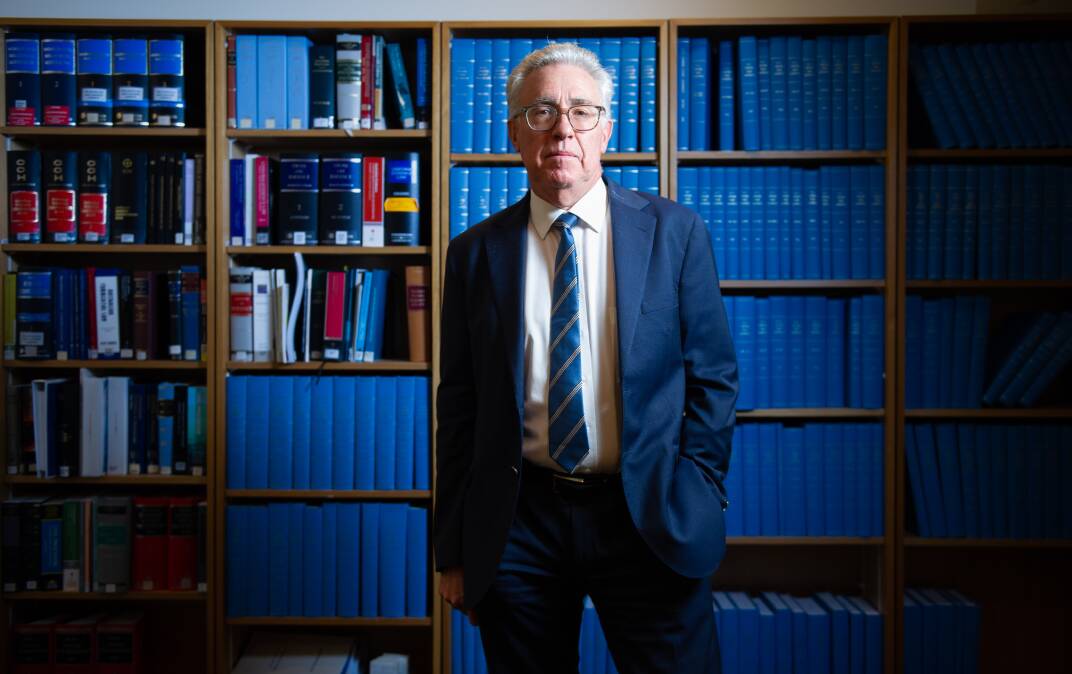
The territory's first dedicated coroner has urged the ACT government to provide additional resources and give his court the independence it needs to be "creative and forward-thinking".
Coronial reform advocates have strongly backed coroner Ken Archer's call, with one saying she feels "hoodwinked" by the way the ACT government has crafted his job.
He also has the support of one of Canberra's most esteemed lawyers and a respected former NSW coroner.
But the government currently has no plans to separate the ACT Coroner's Court completely from the Magistrates Court, saying it has invested in an arrangement that has ensured flexibility while improving the experience of grieving families.
In an unusual move for a judicial officer, Mr Archer sat down for an interview with The Canberra Times to discuss what has happened since his appointment last year and what he hopes to achieve in the future.
He said his focus since coming to the role about 16 months ago had been to address "a significant backlog" of cases, which stretched back to 2015.
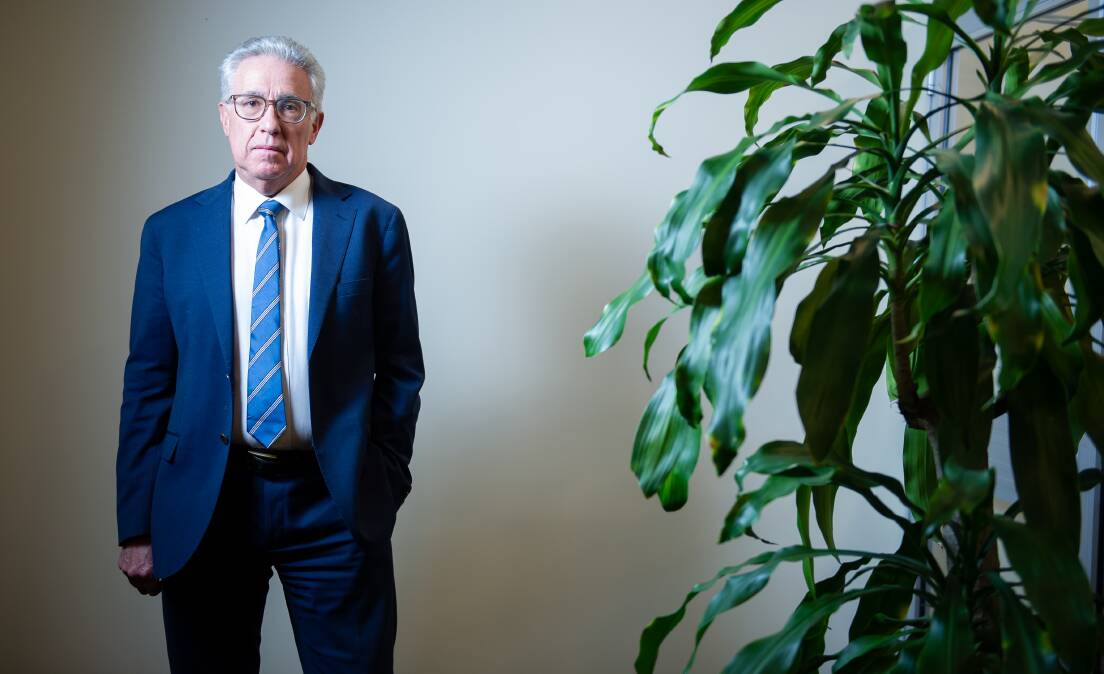
"We're doing it, I think, ethically," Mr Archer said.
"We are trying to take up investigations that have been neglected for a while, speaking to families about where they see the matters going and trying to achieve some outcomes that are based on a complete form of investigation.
"So it's not just a closing of a file."
Mr Archer welcomed the territory government's recent commitment to fund a second family liaison officer and a specialist forensic counselling service in the Coroner's Court.
He also said he thought the ACT provided "the most effective coronial service in Australia" for the roughly 90 per cent of people who "want out of the process as quickly as possible".
But the dedicated coroner concedes the system has historically struggled with the other 10 per cent, which mostly involve complex, systemic issues of public safety.
To address this issue, he is pushing the ACT government to do more.
He wants legislators to start by giving the dedicated coroner role statutory recognition.
As it stands, all of the territory's magistrates, including Mr Archer, double as coroners.
While Mr Archer acknowledges Chief Magistrate Lorraine Walker has rarely called on him to work outside the coronial space, that is something that can currently happen at any moment.
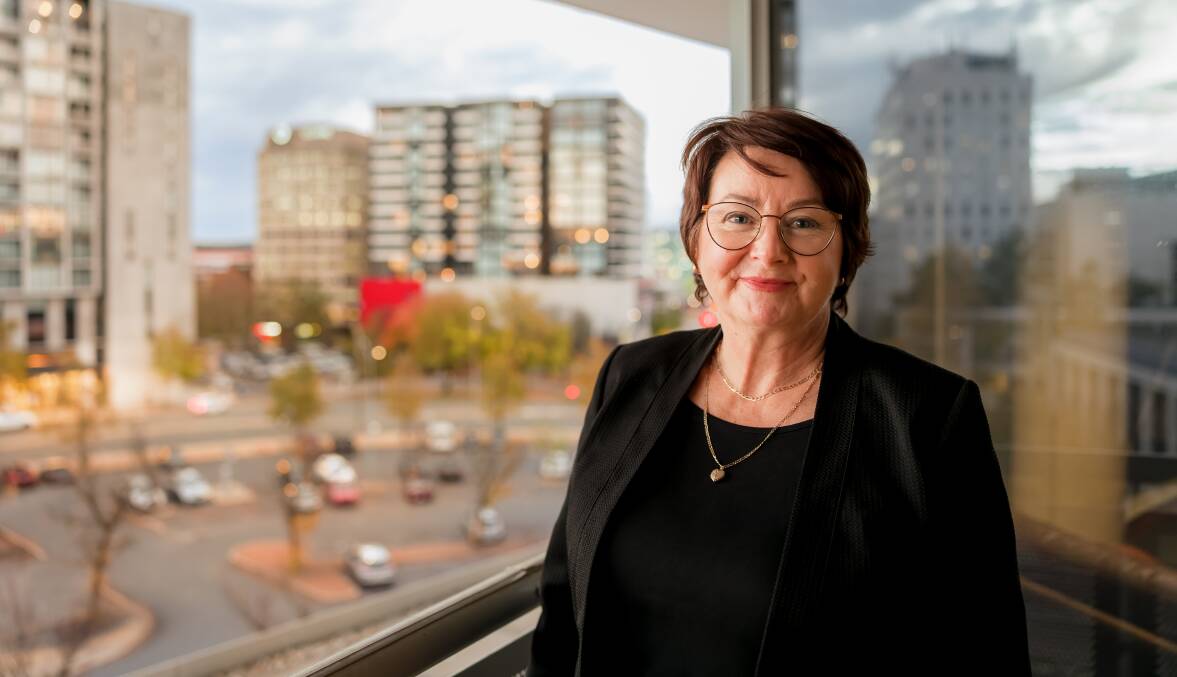
"The reality is that I'm a magistrate doing coronial work," he told The Canberra Times.
"So, at the moment, there's not a recognition of the court as a separate entity.
"And I think that's important to give the process some separate identity to develop some sort of concept of the future."
Mr Archer wants to do more "creative and forward-thinking" work, in line with the desires of advocates who are fighting for a more restorative and less adversarial system.
He is keen for the government to better resource the coronial space, including by funding more investigators to address the long-running plague of delay.
Mr Archer is also in favour of additional personnel to liaise with grieving families, saying while the latest budget funding is encouraging, the process of keeping in touch with hundreds of people will still be "fitful" with only two family liaison officers.
"We need to do something about resources generally," Mr Archer said.
He admits the process of connecting with grieving families has been "just disastrous" in the past, as advocates Janine Haskins and Ann Finlay know.
They were left thoroughly dissatisfied with the coronial system after their children were the subject of inquests, leading them to campaign for change.
Both women endorsed Mr Archer's comments, particularly in relation to having a dedicated coroner with statutory recognition.
"He's a dedicated coroner in name only, so that's something that should be put forward," Ms Finlay said.
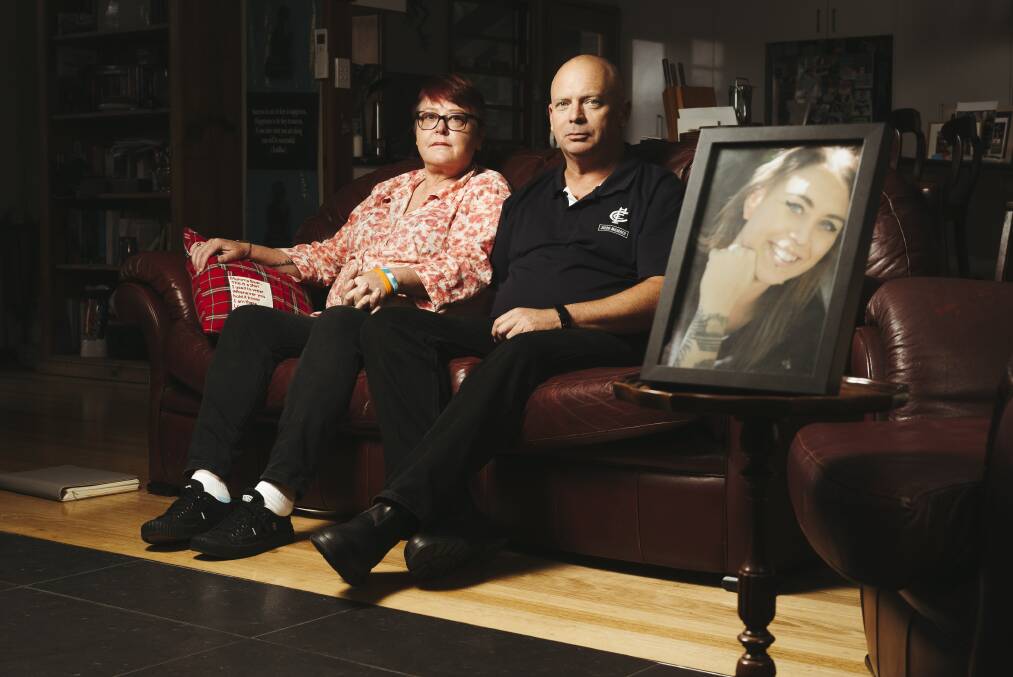
Ms Haskins said she felt the public had been "hoodwinked" by the announcement of a dedicated coroner when the position, which was only guaranteed funding for four years, was filled by a magistrate.
"The bureaucrats need to sit up and listen, and be accountable for why there aren't resources," she said.
"Let's not bloody wait for another death."
Seasoned Canberra lawyer Bernard Collaery, a veteran of coronial inquests including the one that examined the catastrophic Thredbo landslide, also backed Mr Archer.
Mr Collaery said the ACT had "a lamentable scene" before Mr Archer's appointment, calling for an independent coroner's office.
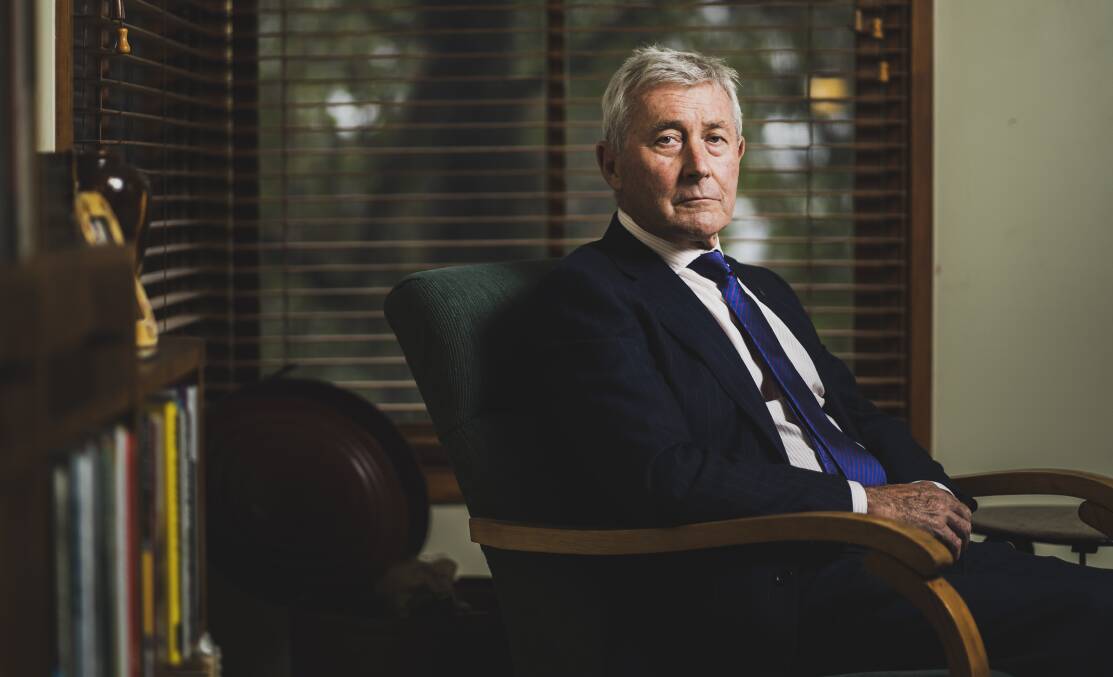
Hugh Dillon, a respected former deputy state coroner of NSW, said Mr Archer was "absolutely right".
"I've long thought that coroners and magistrates are two very separate beasts," he told The Canberra Times.
Mr Dillon said while some people might think Mr Archer had enough time to be a magistrate because there were not enough coronial matters in the ACT, "that's not true".
He noted coroners in New Zealand had an annual caseload of about 150, while Mr Archer said the ACT, with one person dedicated to the role, was dealing with about 360 to 400.
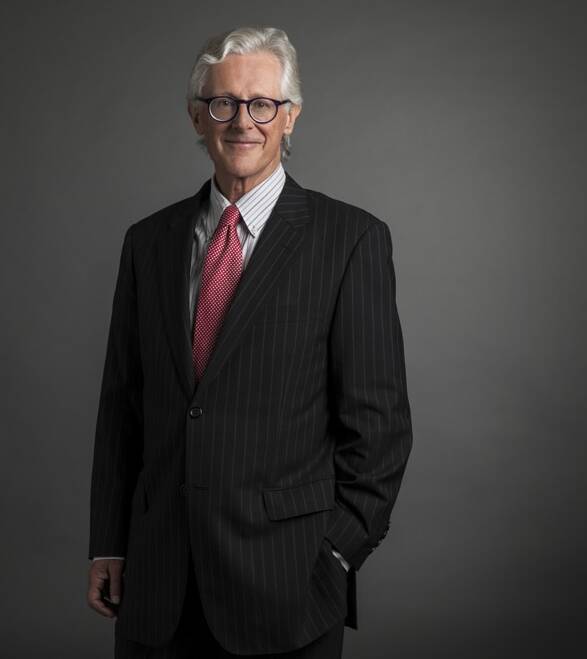
But the ACT government disagreed, with a spokesperson for its Justice and Community Safety Directorate telling The Canberra Times the current arrangement ensured there was "some flexibility around the listing and performance of coronial work".
They also said the government had made "a significant investment in the Coroner's Court", with the recent $634,000 funding announcement following a $3.4 million commitment to pay for the dedicated coroner role, plus support staff, for four years.
"The ACT government will consider any additional funding needs in the context of future budget processes," the spokesperson said.
"The dedicated coroner and his support team have worked hard to improve the experience of grieving families engaging with the Coroner's Court.
"Consistency and communication with grieving families has been strengthened and sound progress has been made on the backlog of aged and complex coronial matters."







